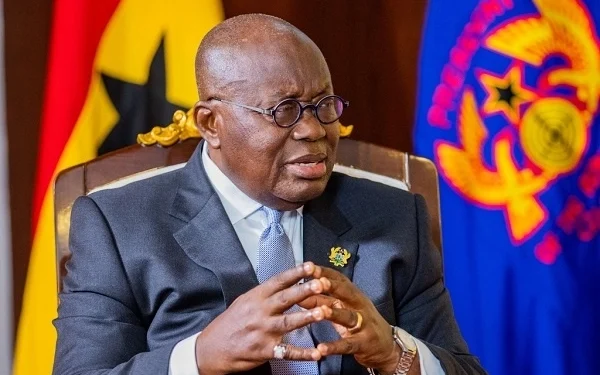The Commission for Human Rights and Administrative Justice (CHRAJ) has called upon President Nana Addo Dankwa Akufo-Addo to promptly sign the Anti-Witchcraft Bill, which was passed by Parliament approximately nine months ago. The commission emphasized the urgency of this action, stating that the bill, once enacted, would directly address witchcraft allegations and attacks prevalent in Ghana.
Speaking at a National Policy Dialogue on Access to Justice for Women Accused as Witches in Ghana, organized by CHRAJ and Crossroads International, Mr. Joseph Whittal, Commissioner for CHRAJ, highlighted the ongoing nature of witchcraft-related incidents in certain regions of the country due to the absence of a concrete legal framework to address such occurrences.
Mr. Whittal stressed the importance of the Anti-Witchcraft Bill as a deterrent against such practices, emphasizing that it could significantly contribute to curbing the prevalence of witchcraft accusations and attacks.
“The practice is still ongoing on the ground, and the main instrument to cease or force the practice to come to an end is the deterrence of the Bill,” he said.
Furthermore, he underscored the need to abolish customs and traditions that infringe upon the constitutional rights of individuals, particularly the vulnerable members of society. CHRAJ has been actively engaging with traditional leaders to ensure the protection of individuals’ rights and prevent discrimination based on tradition.
Mr. Whittal also called upon District Assemblies in areas where witches’ camps are located to take full responsibility for the welfare of the inmates, highlighting the importance of providing adequate care and support to individuals accused of witchcraft.
The Criminal Offences (Amendment) Bill, 2022, which aims to prohibit the practice of witchcraft accusations and related offenses, was passed by Ghana’s Parliament on July 28, 2023. Sponsored by Mr. Francis-Xavier Kojo Sosu, the National Democratic Congress (NDC) Member of Parliament for Madina, along with other MPs, the bill seeks to address the plight of women accused of witchcraft and ensure their protection and rights.
Witch camps, where women accused of witchcraft seek refuge, remain a significant concern, with accusations often stemming from various factors, including mental health issues. The enactment of the Anti-Witchcraft Bill is seen as a crucial step towards safeguarding the rights and well-being of individuals accused of witchcraft in Ghana.

































